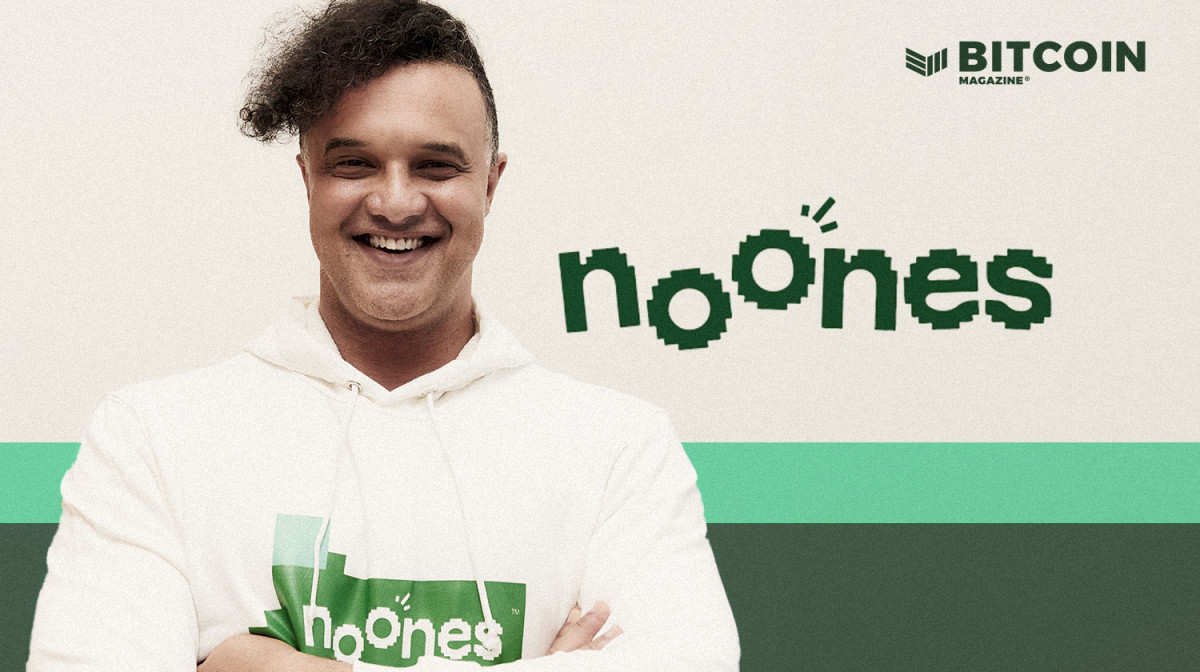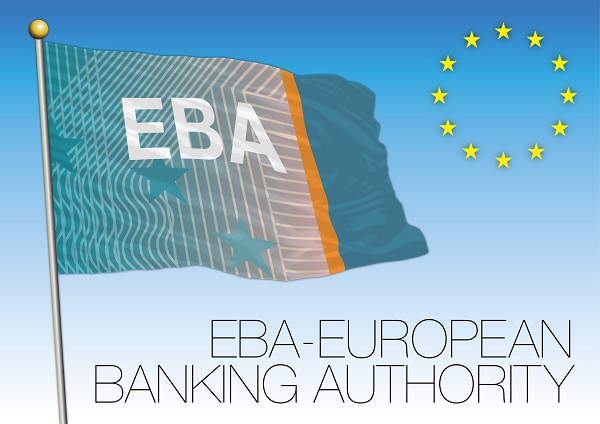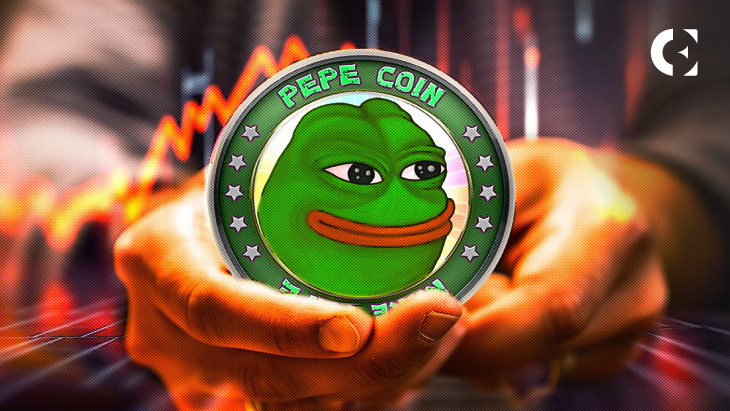1 Billion Bitcoin P2P Traders: NoOnes Focuses on Nigeria and the Global South


I recently spoke with Ray Youssef, CEO of NoOnes, a feature-rich peer-to-peer (P2P) Bitcoin trading platform, about how NoOnes is empowering its users and what it’s doing in response to the Nigerian government’s crackdown on Binance P2P. We talked about what we were doing. Why peer-to-peer marketplaces will play a critical role in delivering on Bitcoin’s promise as a medium of exchange.
Youssef and the global team at NoOnes are on a mission to end financial apartheid and unite economically disadvantaged people around the world. In the process, they are using outdated financial safeguards in the belief that once people can freely transact with each other using Bitcoin, oppressive forces over people living in developing countries will lose their influence.
A transcript of our conversation, lightly edited for length and clarity, appears below.
Frank Korba: What is the main mission of NoOnes?
Ray Youssef: It is the world’s first P2P decentralized country. I consider myself not just a CEO, but a top advocate for the people. We want to get one billion citizens on board in the next six years.
Citizens mean engaged customers. They don’t just use it once every two weeks. For this to win, they have to be deeply involved. That means 1 billion people participate every day. This is an astonishing figure considering that Binance has 120 million users, of which approximately 2-3% are monthly active users. We’re trying to get a hundred times that.
Corba: How many people are currently using it?
Youssef: We have about 400,000 active users, which is pretty amazing. My previous company had about 250,000 active users. The goal here is not just to get empty subscriptions. The goal here is to get people active.
Corba: You’ve talked about how apps like NoOnes and Bitcoin could help end “financial apartheid.” Can you define this term?
Youssef: Financial apartheid is the most evil form of apartheid. It’s basically an invisible chain that has kept the majority of the world’s people poor for over 100 years and people don’t even realize it. It manifests itself in so many different ways.
Overregulation has been broken (which is a form of it). Africa is the most overregulated region in the world. M-Pesa is Kenya’s leading mobile wallet. 98.8% of Kenyans have an M-Pesa wallet. M-Pesa is so big that it has expanded beyond Kenya to Ghana, South Africa, and other African countries, but you still cannot send money from an M-Pesa wallet in Kenya to an M-Pesa wallet in Ghana or South Africa.
You are trapped in the economy in which your passport was issued. You cannot access liquidity in other countries, and other countries cannot access liquidity in your country.
The problem becomes more serious when considering business-to-business commerce. Pan-European trade is 69%. In Asia, I think it’s 59%. Latin America drops to 30%. And Africa is officially at 13%.
But you know what? The actual figure is less than 1%. Because that 13% includes both American and Western companies that only have local names. Africa’s trade within the continent is less than 1%. If that doesn’t scream financial apartheid, what does?
Corba: Speaking of Africa, let’s discuss what’s happening in Nigeria. The government took two Binance executives hostage. In response, Binance stopped supporting the naira and shut down its peer-to-peer trading platform in Nigeria. NoOnes currently supports Binance P2P traders to transfer their P2P trading profiles from Binance to NoOnes. How is it going?
Youssef: Traders are very happy to bring their feedback. very important. Reputation is huge in this business, especially if you are an OTC trader. (So) we created a special landing page for all P2P refugees.
They were very happy to be able to communicate directly with the CEO through Telegram and WhatsApp channels. That goes a long way.
Binance is now being torn apart by the US government. Why did they search so hard for this person (Binance’s former CEO Changpeng Zhao (CZ))? Are you mad that he’s putting his users in front? no. They weren’t interested in it at all.
What they really cared about was that CZ and Binance allowed all of us, all of us farmers, to have financial access through peer-to-peer transactions. The fact that there are 120 million people on the same internal remittance network and the fact that CZ has all these off-ramps to local currencies globally is what spurs them on.
Do you remember the guy you were chasing before CZ? Loss.
Corba: Ross Ulbricht?
Youssef: All right. P2P is the enemy, and always has been. They kept Ross in prison for over 11 years. He created websites like Amazon and eBay where anyone could trade anything to anyone.
(Of course.) Some people sold weed there. To do this, they made up a story (that he was involved in a murder plot). This is all garbage. He’s a cute and innocent kid. And they sentenced him to two life sentences and put him in prison.
Corba: And Sam Bankman-Fried received only 25 years in prison.
Youssef: The only reason Sam Bankman-Fried had time off was because some rich people lost some money. This is the only reason Madoff has any time available. do. If he robbed the poor, no one would care. But Ross Ulbricht, they beat him with everything they had because they could. They wanted to send the following message: “If you try to realize a global free market, a real commerce, we will destroy you. “Don’t touch that.”
And guess what? They did that with Bitcoin too. They said, “Hey, we’re going to let Bitcoin exist as a store of value. Stay with us and we will provide you with an ETF ticker. We will establish a pension fund there. We will raise the price higher. You will be a little better than everyone else. But this whole medium of exchange must be abandoned.”
We have literally given up the best thing in the world: a free system of physical commerce for a store of value so that another person can get rich quick. It is actually starting to dawn on us all. Oh my goodness. Roger Ver was right.
Corba: I was actually watching an interview with him about Bitcoin Takeover. He made some interesting points that line up with what you’re saying.
Youssef: I mean, I’ve been pissing on Roger before with other clowns, and he’s right. We lost our minds. We have lost the basic foundation of what we are doing. And if they actually exclude Bitcoin as a medium of exchange and only maintain it as a store of value, we will ultimately lose everything.
If it weren’t for what was happening in the Southern Hemisphere, it would be empty. And to be honest, the Global South has mostly moved to USDT on Tron. Nigeria is the only country where Bitcoin is still primarily used on mid-sized exchanges. But the truth is that USDT on Tron is much cheaper. There is no volatility. It makes a lot more sense. So how do we compete with that?
Corba: That’s a good question. Let’s go back to Nigeria for a moment. NoOnes has an on-site team member promoting the platform due to the Binance P2P shutdown. Have you ever worried about their safety? How do you deal with the fact that you could be an easy target?
Youssef: First, I will try to get them out of the country. And if we can’t do that, I would ask them to keep as low a profile as possible. We also keep something in the bank that allows us to represent them legally. I don’t want anyone going to jail for anything I do. I will not play with anyone else’s freedom or safety.
But through all of this, everyone was shitting on the entire Nigerian government. They say, “These people are idiots,” and that doesn’t help. There are very smart people in the Nigerian government who know exactly what is going on. But they can’t tell their own people exactly what’s happening because they can’t handle it or help.
Every time I tell this story on Bloomberg or CNN Africa, I say, “The government is not the problem. There are external pressures on them that we are not aware of.” And this is always the case in all situations, whether in Zimbabwe or Venezuela.
We invite the government to talk at any time. P2P is not a problem, it is actually a solution that can correct Nigeria’s capital control imbalance. If you go to a peer-to-peer trader and say, “Please help me get more US dollars into the government here to stabilize the price of the naira,” they will say, ‘Okay, let’s do that.’ Nigeria.'”
(But) they won’t lose money doing it. They want to make money doing it. But if they have a choice between doing the right thing to help everyone on a long-term timeline and benefiting a little less, they will do it. Trust me. These people aren’t stupid. They know that what’s good for the country is good for them, and they should take advantage of it.
Corba: By telling people they’re not stupid, the NoOnes team focuses on education. How difficult is it to train people in the field?
Youssef: I posted a video of one of our workshops on my Twitter. There were over a thousand people there. This is the hunger for this.
Seriously, education is the way #no one I’m having a blast right now!#Bitcoin First billion dollars, self-custody and peer-to-peer. pic.twitter.com/lEGANlXGSE
— Ray Youssef (@raycivkit) March 27, 2024
Everyone needs optimistic education. The optimistic education I’m talking about is not 1, 2, 3 or how blockchain works. No one really cares. It’s a way to make money. People want to change their lives.
You can use arbitrage to move money around the world. You can start very simply and make an offer to buy Bitcoin cheaply on NoOnes and then sell it on your local exchange, in South Africa or Malawi or any other exchange at 10% plus price. That’s what some people are doing.
A guy I just talked to last week was making $2,000 a month. All he did was buy Bitcoin cheap and sell it for 9-10% of the price he bought it for. He said (to me), “This is how I’m making money for college.” He spends only five hours a week on these transactions.
I have another friend in South Africa, who discovered the problem. Nigerian workers want to send money home to their mothers. They can’t do that because they don’t have a South African bank account. So he told them, “Please deposit cash into my South African bank account.” He uses that cash to buy Bitcoin, then sells the Bitcoin to someone in Nigeria on the NoOnes marketplace and says, “Send a bank transfer to this person’s mother’s bank account.”
He performed two peer-to-peer transactions and exchanged (South African) Rands for Nigerian bank transfers, and people on site were very happy because they didn’t have to do it themselves. They just put the money in the bank and gave him his mom’s bank account number. He did everything. He is making money by doing banking business. He started his own remittance channel. He’s basically Western Union covering a very specific corridor from South Africa to Nigeria.
Corba: This is an amazing story. When I think about NoOnes, I think people around the world can use the platform to access Bitcoin without necessarily becoming entrepreneurs. I’m really happy to hear that peer-to-peer Bitcoin transactions are making this possible.
Youssef: totally. We are now in the midst of a P2P revolution. It started on the Internet. We have all these mobile devices and startups that are shaking up everything except finance. Then we got P2P electronic cash. Now we are fighting for its soul as a (medium) of exchange.
The P2P marketplace is the final step. That’s why they put Ross Ulbricht in prison. That’s why they put CZ in handcuffs. They don’t want someone to actually finish it and complete the P2P revolution.
We’re going to the farmers’ market, Mom and Dad’s Market, but if the money isn’t peer-to-peer, none of it will hold up. What power will they have if we move to P2P?
When we tie the ribbon on the P2P revolution, humanity officially becomes one.



